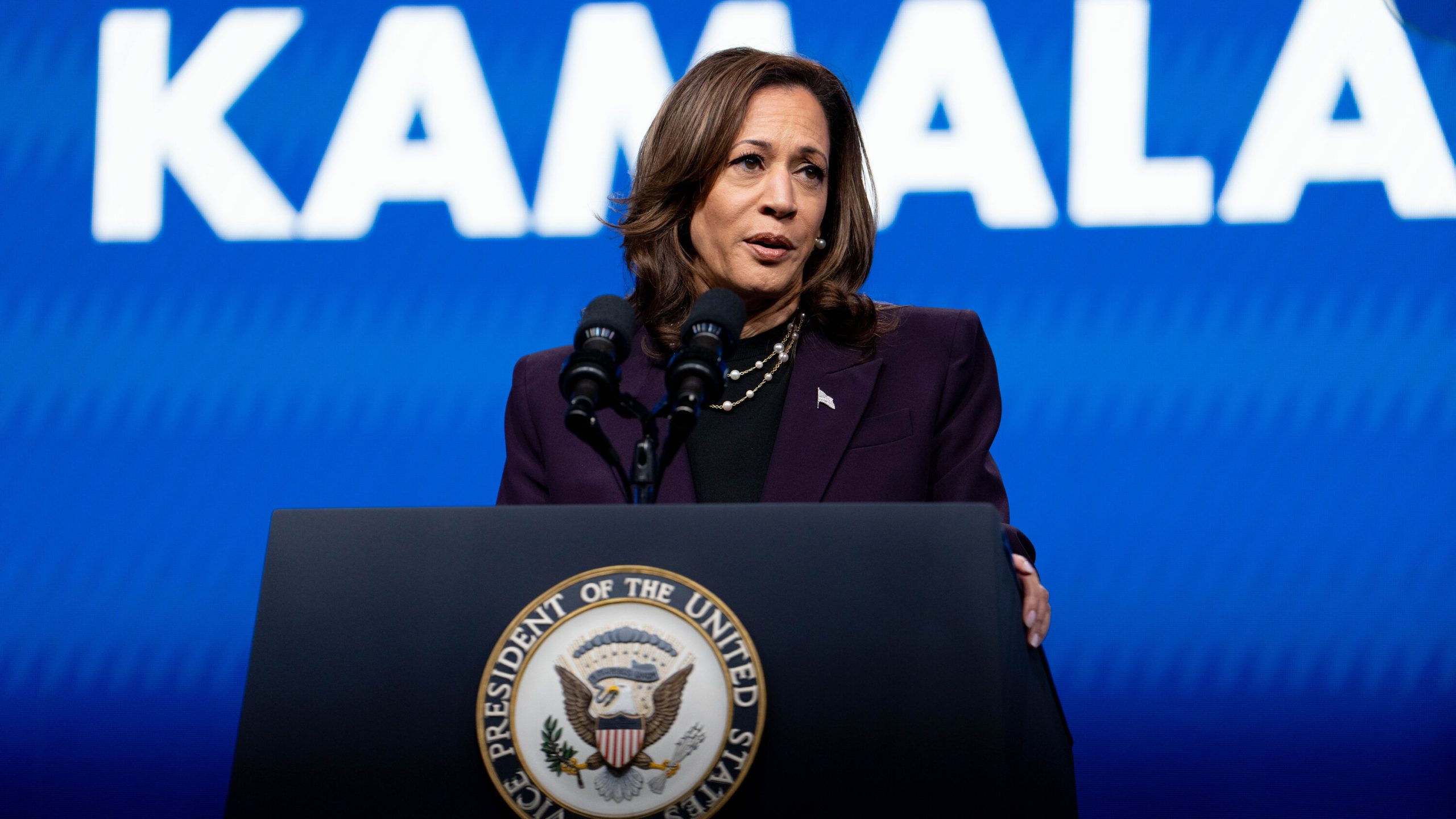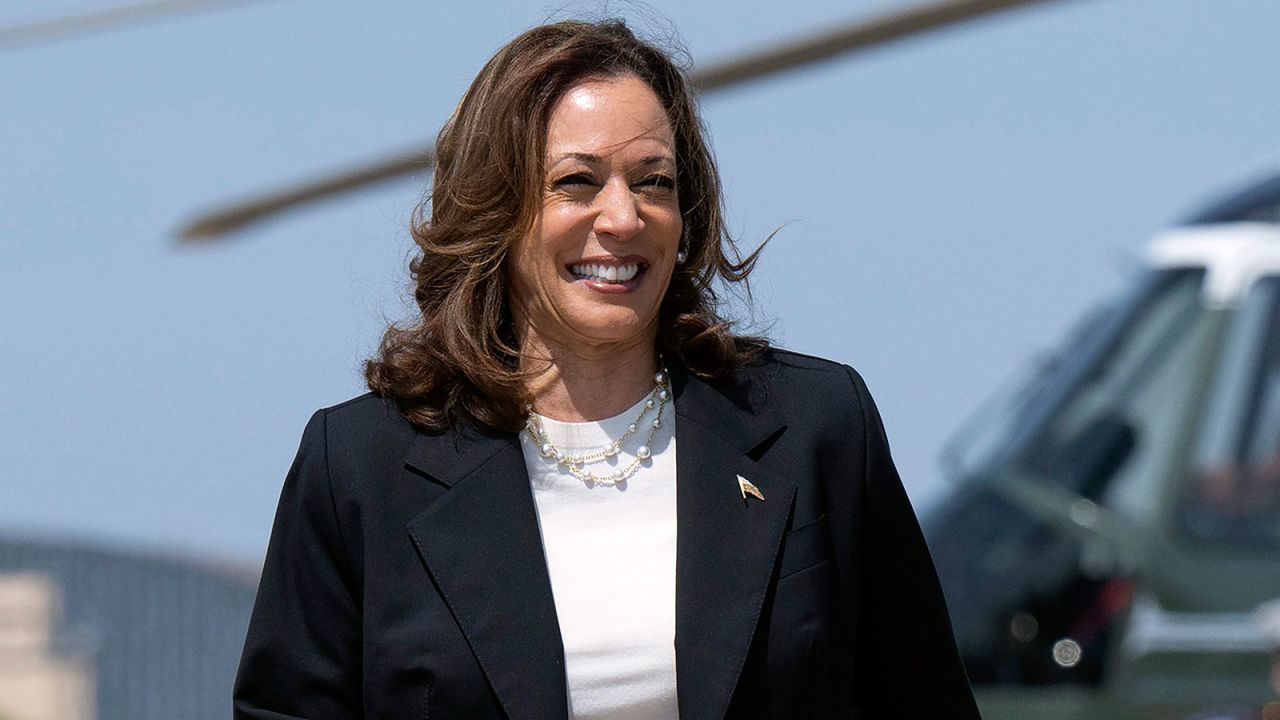In a recent interview with *60 Minutes*, Vice President Kamala Harris emphasized that Iran is America’s greatest foreign adversary, citing its role in attacks on Israel and its efforts to achieve nuclear power. She pointed out that Iran is responsible for significant acts of violence, including recent missile attacks on Israel, and that preventing Iran from becoming a nuclear power is one of her highest priorities.
However, Harris declined to comment on the potential use of military force if Iran were proven to be developing nuclear weapons, steering clear of hypothetical scenarios.
Harris’s remarks drew criticism from various figures, including former Trump administration officials, who questioned her focus on Iran as America’s biggest foe over other global powers like China and Russia.
Some argued that China, with its growing global influence and economic power, poses a far greater threat to the U.S. than Iran. Critics from different political backgrounds voiced concerns that the Biden administration’s approach to Iran has been too lenient, particularly regarding sanctions and the handling of oil revenue.

Kamala Harris
Harris also defended U.S. aid to Israel amid escalating violence in Gaza and Lebanon. She noted that the financial support has helped Israel defend itself from attacks, including 200 ballistic missiles, and underscored the need for ongoing U.S. assistance.
Despite her strong stance on defending Israel, Harris expressed hope for a ceasefire and humanitarian aid, emphasizing the importance of diplomatic efforts to end the violence and release hostages.
Former President Donald Trump and his allies criticized the Biden administration’s policies towards Iran, particularly the lifting of sanctions and a recent prisoner exchange deal that freed up $6 billion in frozen Iranian assets.
Trump argued that such policies have enriched Iran and exacerbated tensions in the region. He also criticized the Biden administration for not supporting a more aggressive approach towards Iran’s nuclear facilities, something Trump advocates strongly.
Lastly, Trump and other critics highlighted Iran’s advancement in nuclear capabilities, noting the dramatic increase in the number of centrifuges and enriched uranium levels since Biden took office.
They argued that the Trump administration’s tougher sanctions had nearly brought Iran to financial collapse, while the current administration’s policies have allowed Iran to grow stronger, both economically and militarily. This debate over Iran’s threat level and the appropriate U.S. response remains a central issue in U.S. foreign policy discussions.











































